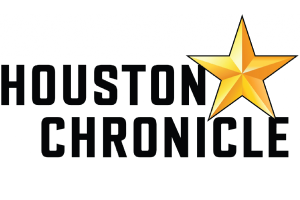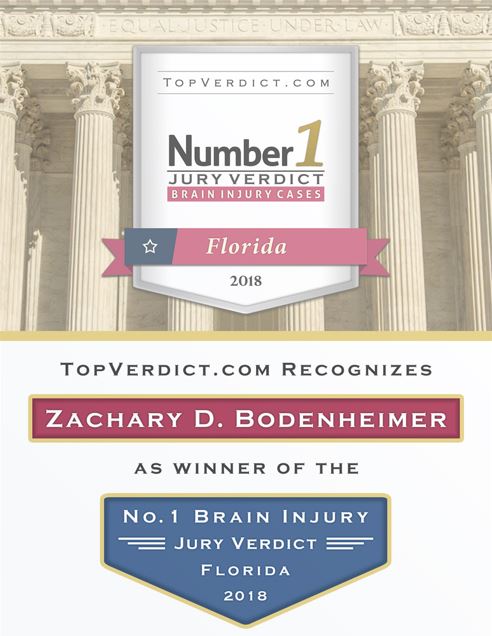- Free Consultation: 305-638-4143 Tap Here to Call Us
What Should I Do If I’ve Totaled My Car in Florida?
Totaling a vehicle is not something anyone wants to happen. Unfortunately, accidents are not uncommon in Florida, and if the insurance company has determined that your vehicle is indeed totaled, you need to know what your options are. Here, we want to discuss how insurance works when a car is totaled in Florida and whether you have any other options.
These Incidents Are Going to Happen
During the latest reporting year, the Florida Department of Highway Safety and Motor Vehicles says that there were more than 400,000 total accidents. Out of these incidents, there were 3,135 fatalities and 236,157 injuries.
What Does “Totaled” Mean in a Car Crash?
A vehicle is considered “totaled” when the damage it sustains in a crash exceeds the total value of the vehicle. With this definition, whether a vehicle is totaled or not has much to do with how much the vehicle is appraised for. For example, a new vehicle that is worth $50,000 would have to sustain a significant amount of damage in order to be considered totaled. However, a used vehicle that is worth $6,000 would be considered totaled with much less damage.
Looking at the definition of totaled, we can see that crash severity has little to do with the case. A used car could be considered totaled in what many would consider a minor crash.
Will Insurance Cover This?
Florida is a “no-fault” insurance state. This means that anyone involved in a crash turns to their own insurance carrier for coverage of their injuries. However, the insurance carrier of the at-fault party is responsible for covering property damage after a crash. Unfortunately, the minimum property damage liability (PDL) coverage required is only $10,000, barely enough to cover some incidents.
If a vehicle is totaled in Florida, the at-fault party’s insurance carrier will cover the costs, up to the limit of their coverage. If the at-fault party’s limits are exhausted by the claim, they could be held personally liable for the damages through a personal injury lawsuit.
What if the Property Damage Is More Than the Car Is Worth?
In cases when the property damage exceeds the value of the vehicle, the vehicle will be considered totaled. In Florida, a vehicle is considered a total loss under the law if the cost to repair the vehicle is 80% or more of its fair market value. In these cases, the insurer will pay you for the fair market value of the car. They should also cover the costs for loss of use of the vehicle, which usually means a rental vehicle for a limited amount of time.
What if I Owe on the Car Loan?
If the vehicle that was totaled is financed, then the insurance carrier will require that you pay off the vehicle before receiving the remaining settlement. For example, if you crash a car that is worth $10,000 but still owes $5,000, then you would only receive the remaining $5,000 in a settlement.
Who Will Pay for My Injuries?
Under Florida’s “no-fault” laws, you will turn to your personal insurance carrier to recover compensation for car accident injuries. Injured car accident victims can only pursue compensation from the at-fault party for injury damages in cases when there are significant injuries.












